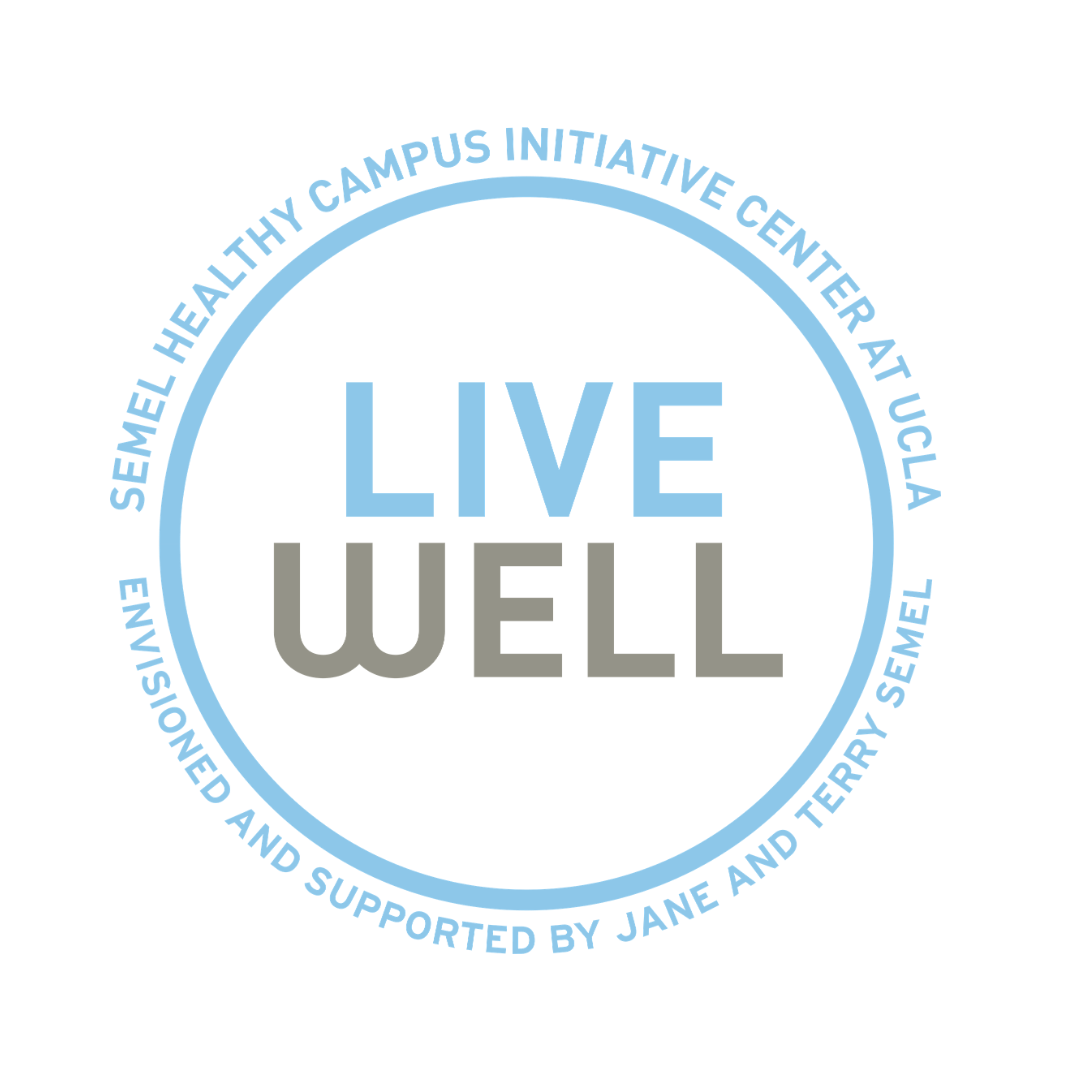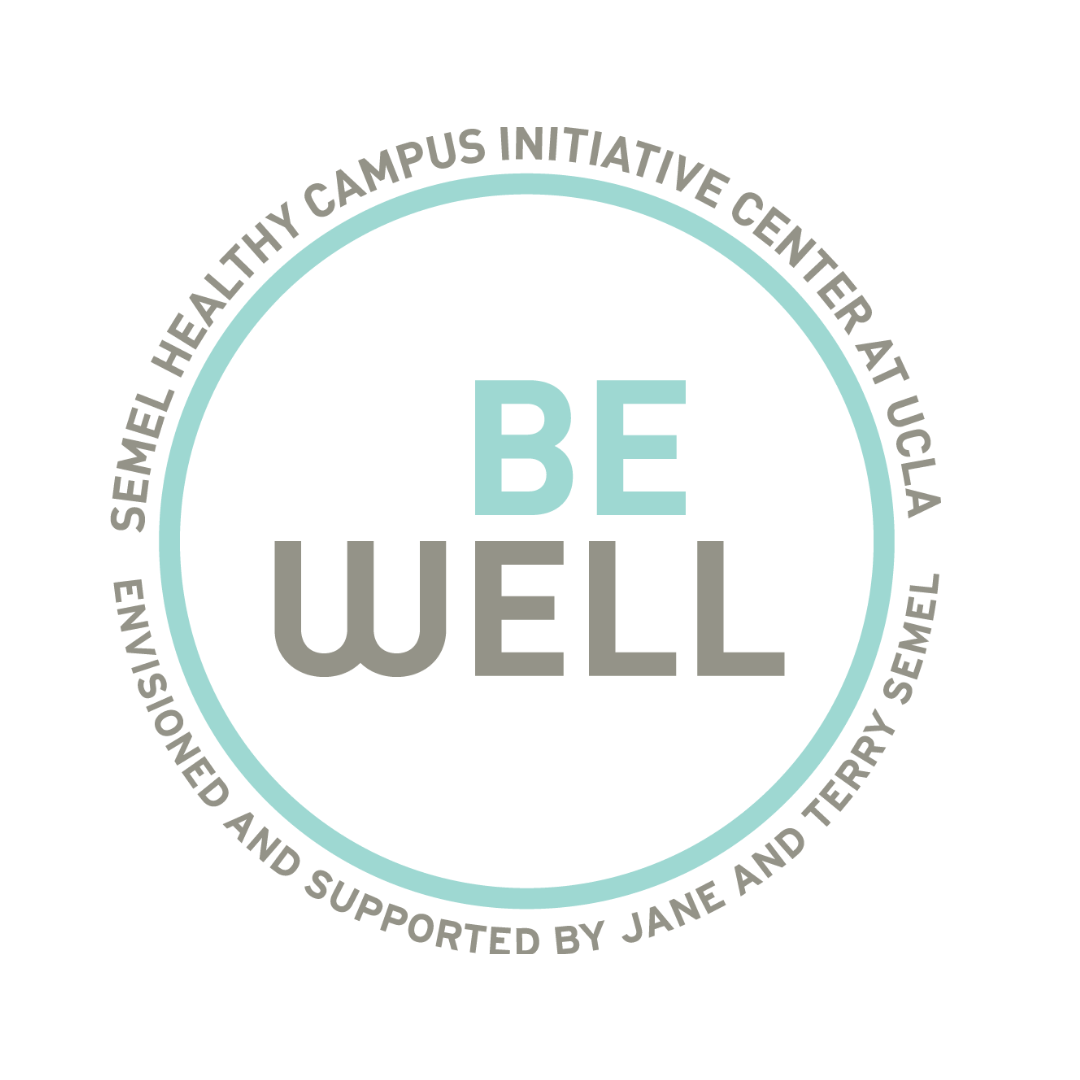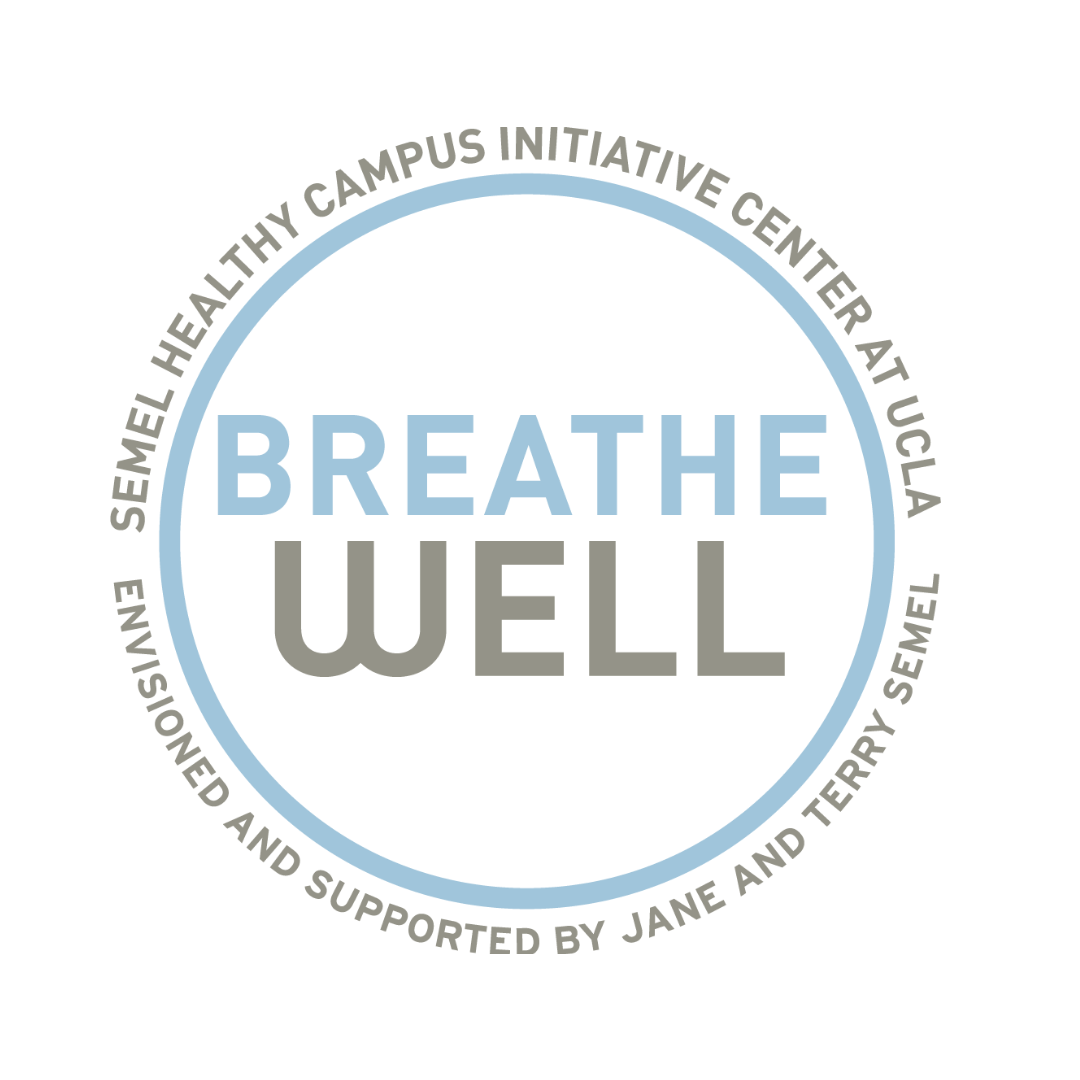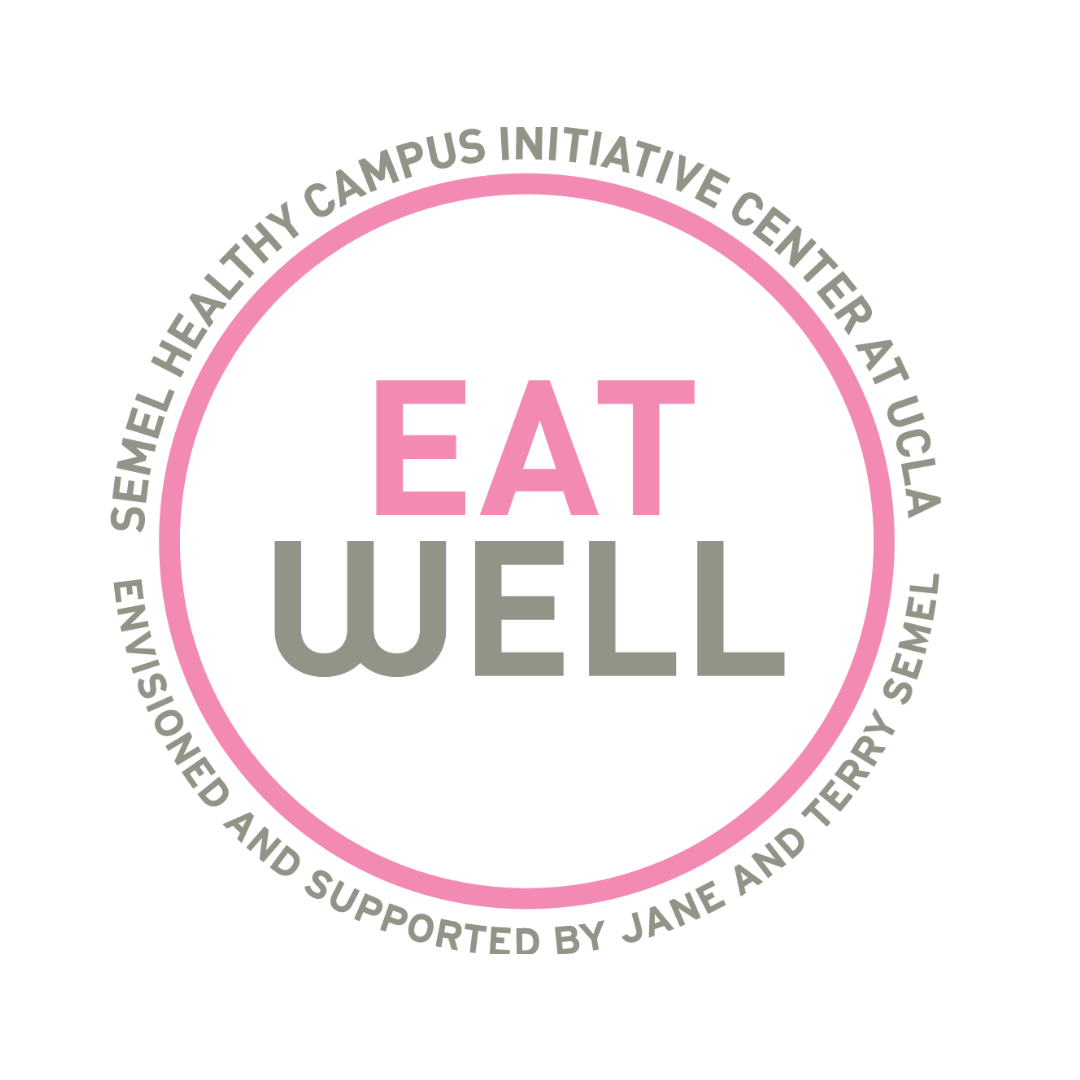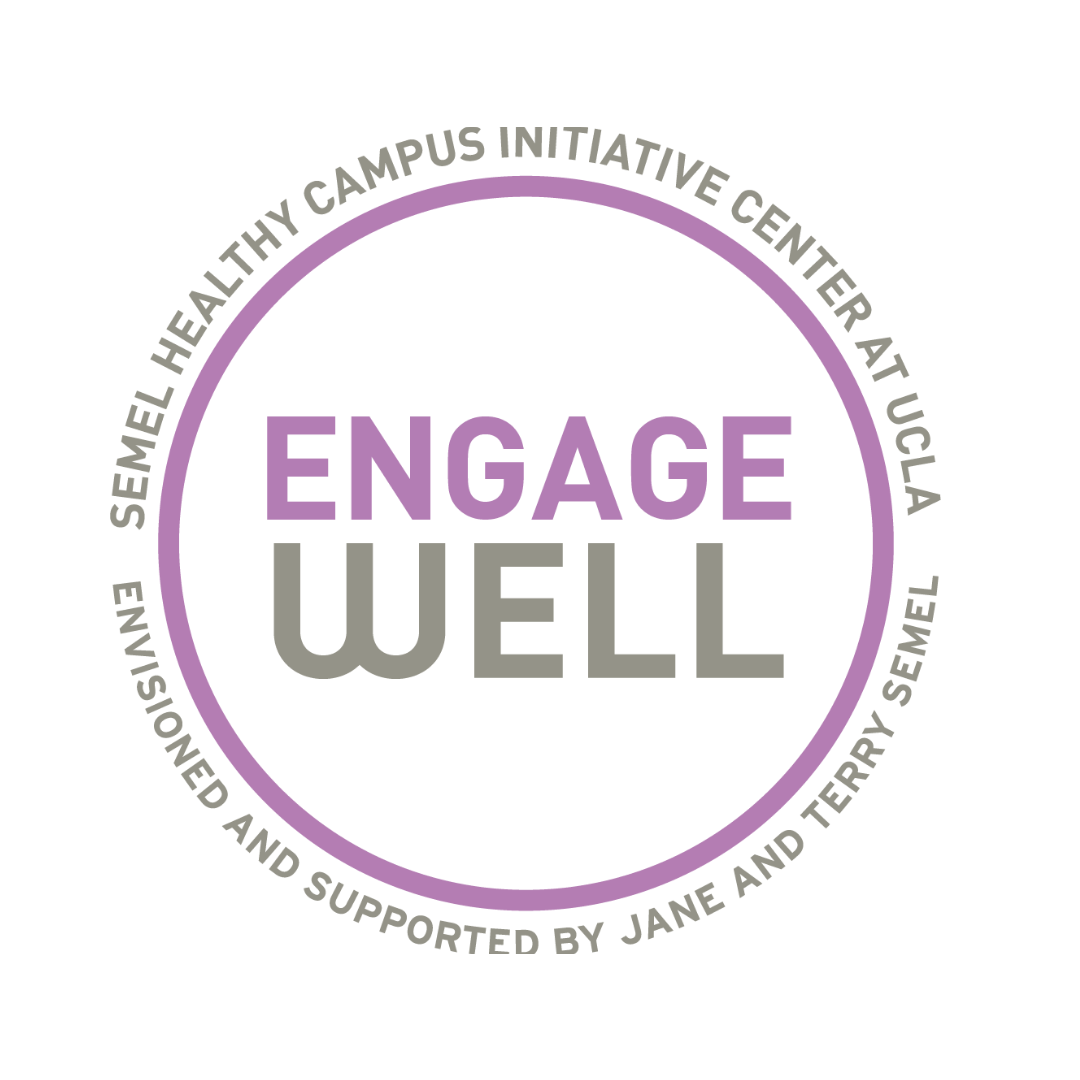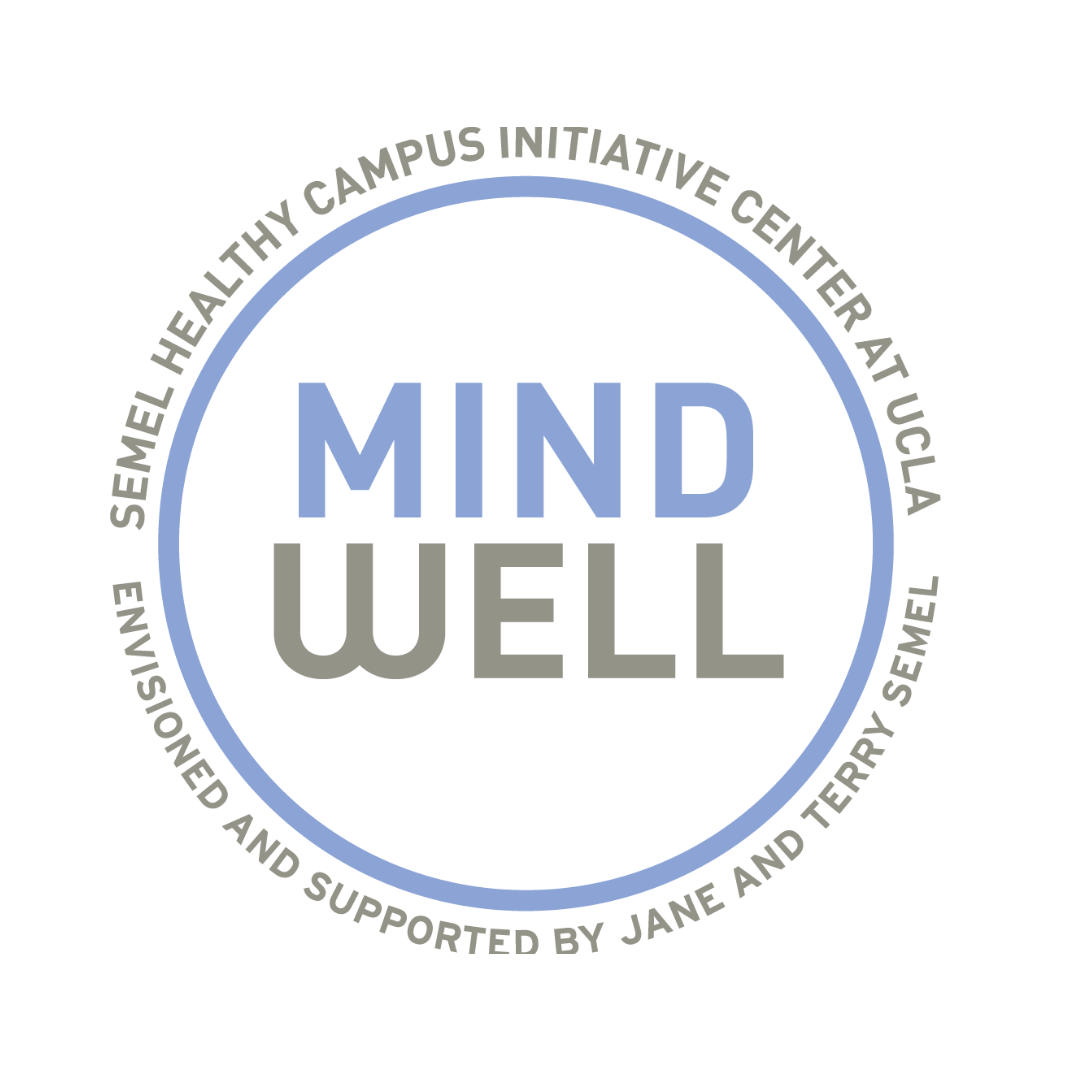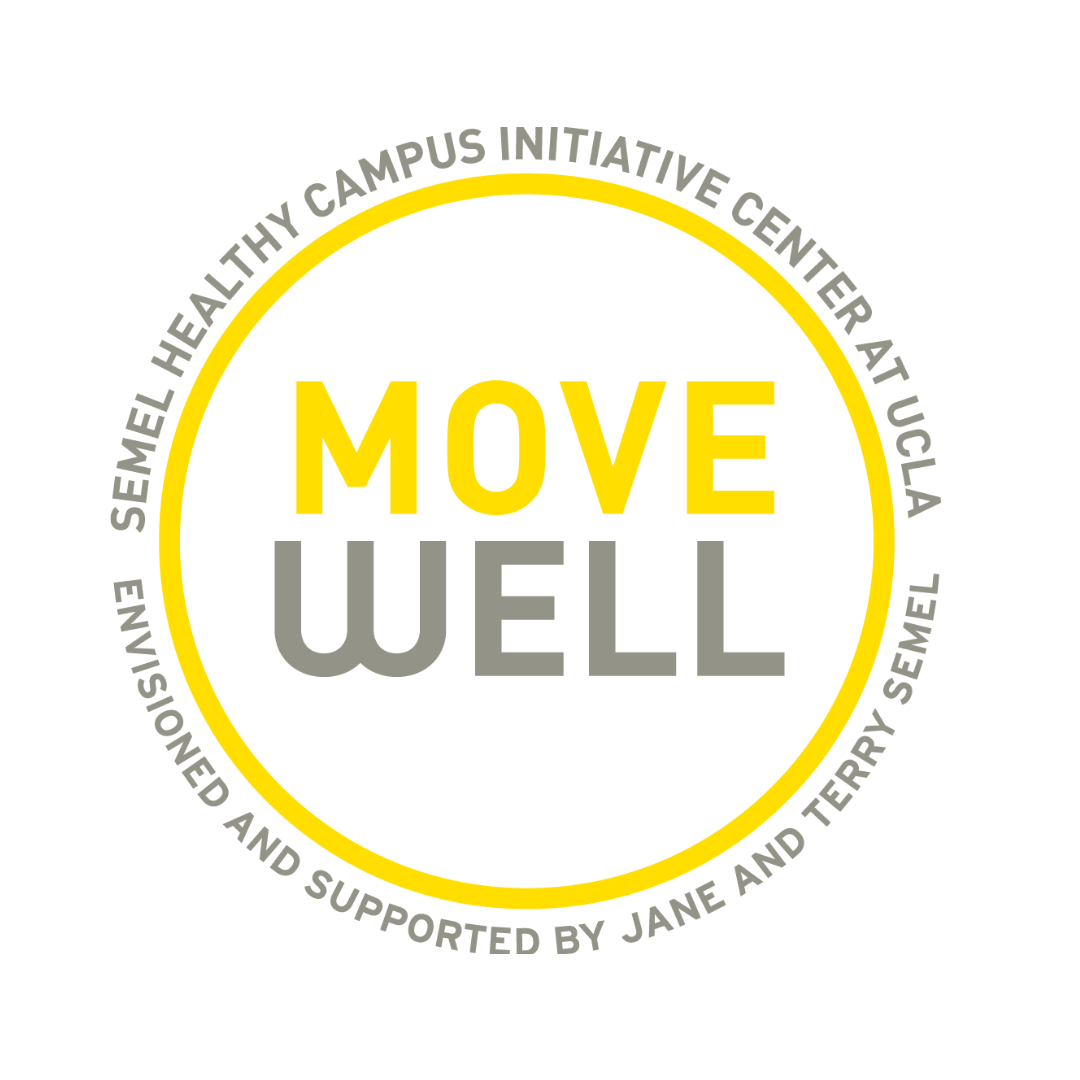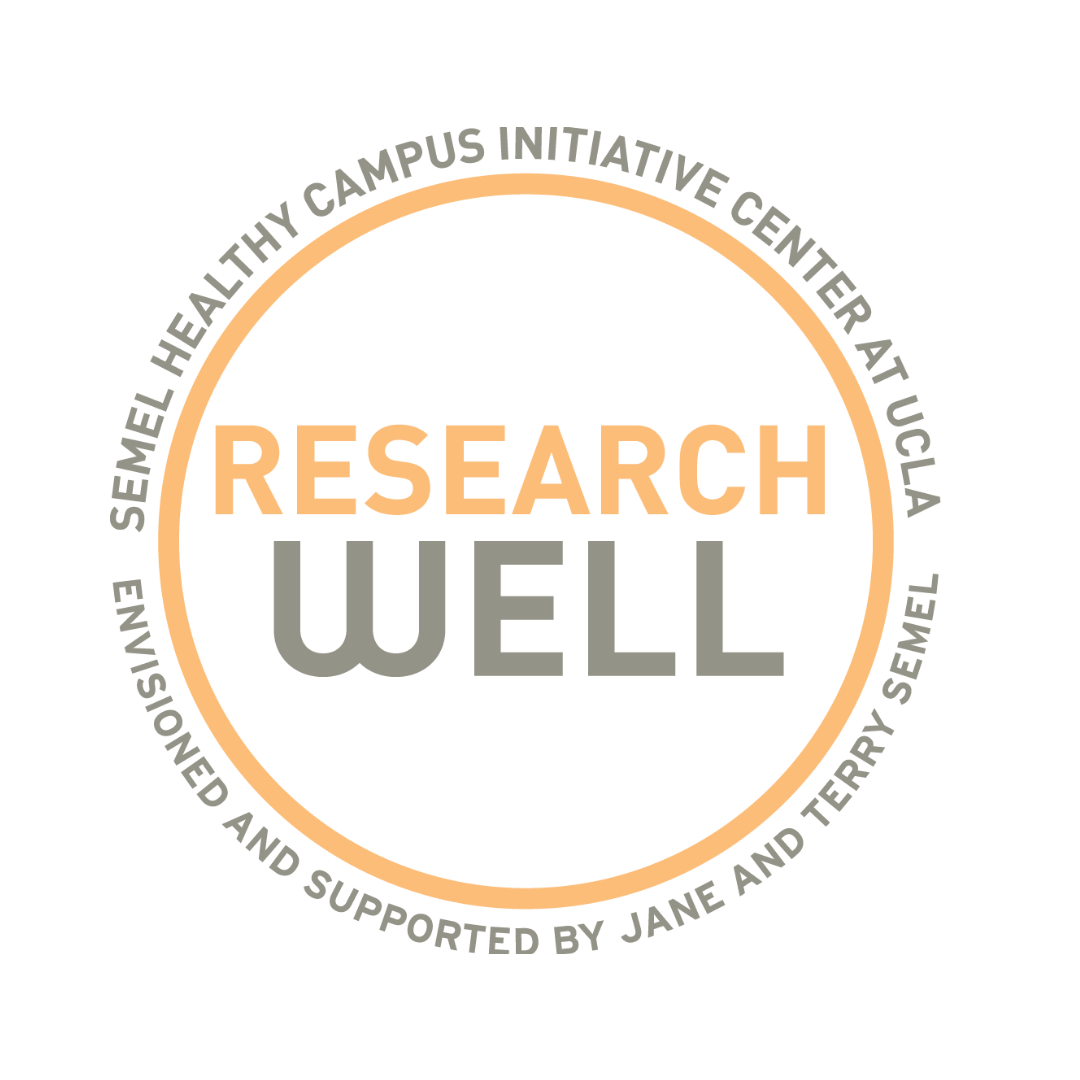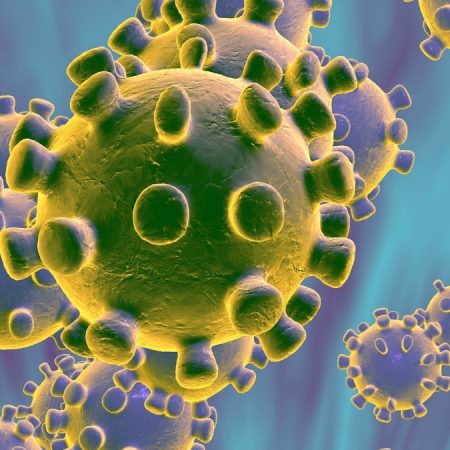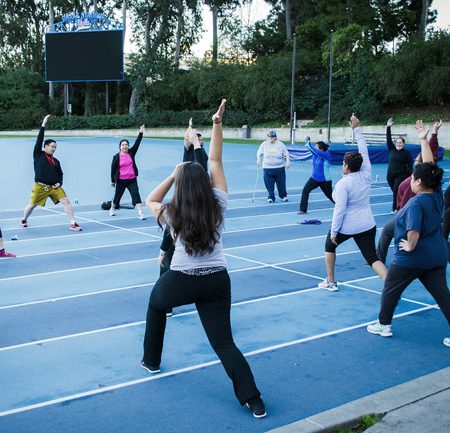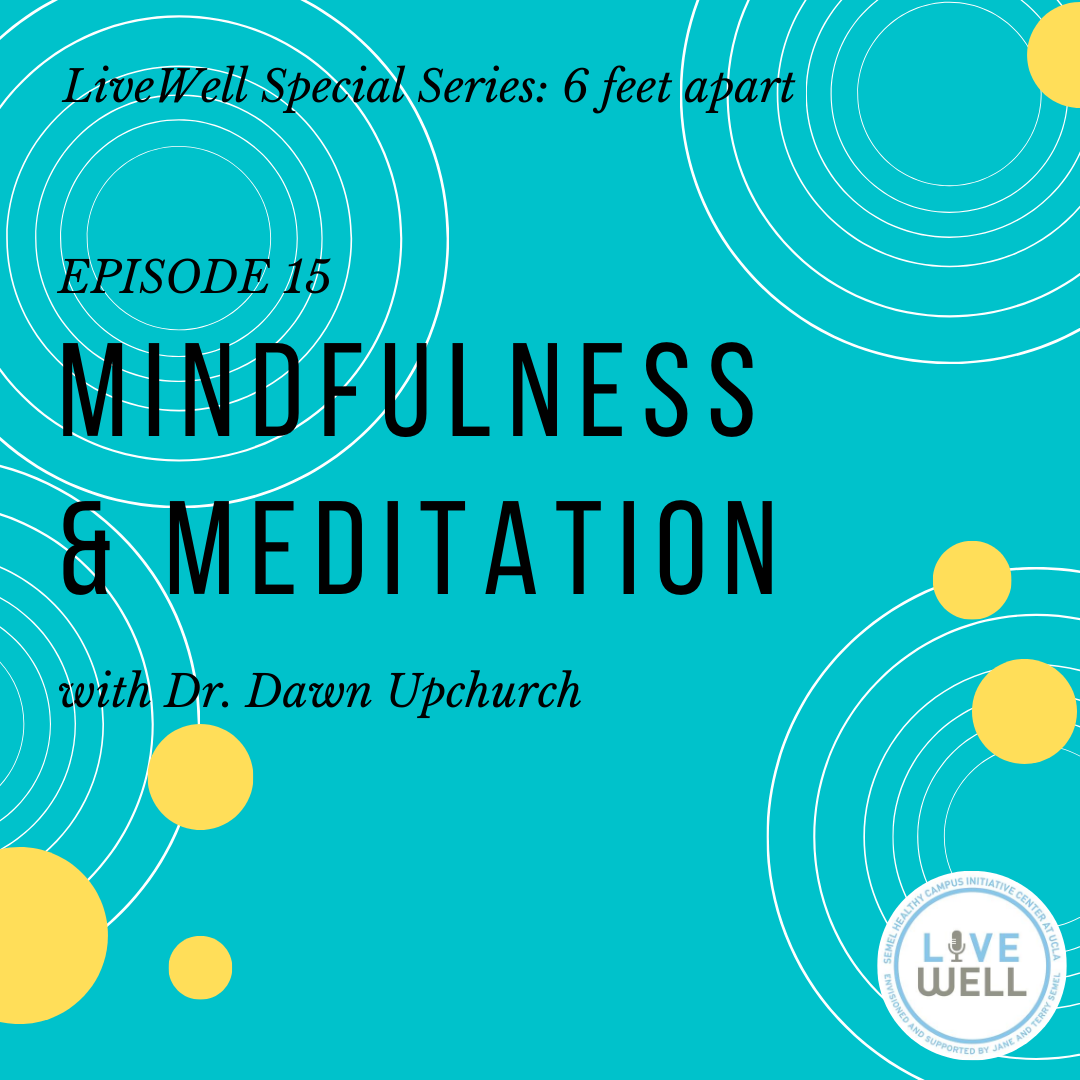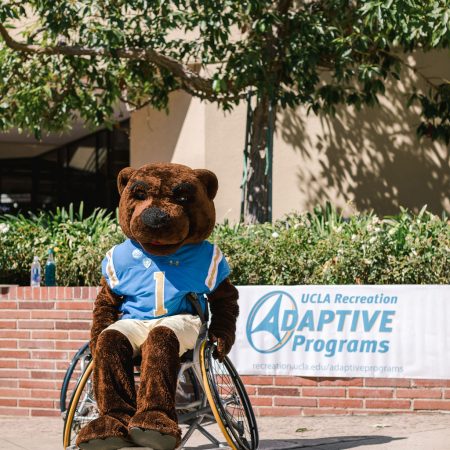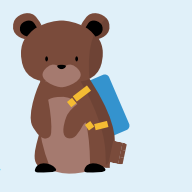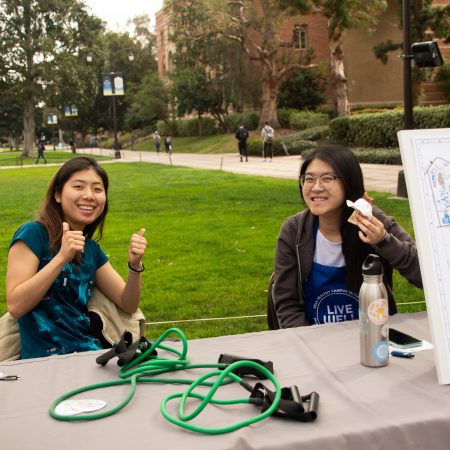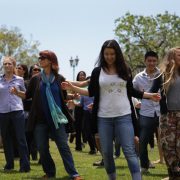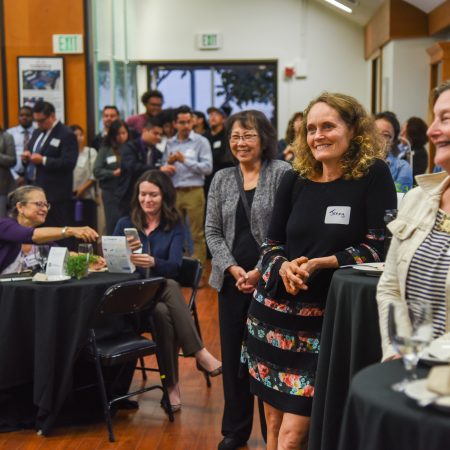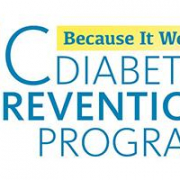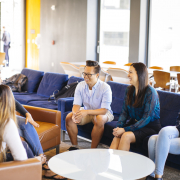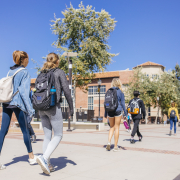Each of you is a valued member of the Bruin family, and we want to ensure you have information to help you maintain your health and well-being. We also want to acknowledge the challenges you face while continuing your work and studies during these turbulent times. We hope the following guidance and tips will be helpful to you.
Resources for Emotional, Social, & Physical Health
For the campus community
- The Mindfulness Awareness Research Center (MARC) offers free drop-in meditation sessions, guided meditations in English and Spanish, and an array of classes and events to help people manage stress and anxiety. Participants can download the UCLA Mindful app for easy access to services and contact marcinfo@ucla.edu for more information.
- MARC Healthy Campus Mindfulness Toolkit offers basic guidance about what mindfulness is, how it is practiced, and how you may bring mindfulness resources to your division, department, center and beyond.
- UCLA’s Depression Grand Challenge has tools, resources and strategies designed to help members of the Bruin community boost their mood and ease anxiety and depression.
- The Semel Healthy Campus Initiative Center at UCLA provides the Bruin community with support through its UCLA LiveWell podcast, as well as programs on the MindWell and EngageWell sites that promote well-being, resilience and social connectedness.
- The UCLA Recreation website offers both virtual and in-person classes to stay active and healthy.
Basic needs
- The CPO Food Closet is open from 9am-4pm, Monday-Friday located at the Student Activities Center Level 1, East wing. Follow the CPO Facebook page for updates about hours of operation and other food and shelter resources such as the grocery bundle program.
- The UCLA Teaching Kitchen website has ideas, resources and tips for preparing healthful and affordable meals. More information is also available from the EatWell pod.
For students
- Counseling and Psychological Services (CAPS), which is open during regular business hours, provides telehealth services aimed at fostering and preserving well-being for students. For students experiencing acute mental distress, CAPS also offers 24/7 crisis counseling through its hotline at 310-825-0768.
- The UCLA RISE Center (Resilience in Your Student Experience) helps students adjust to the changes and uncertainty brought about by the pandemic. Among its resources are guided meditations, and a virtual library on mindfulness and well-being. For more information, contact risecenteratucla@gmail.com or call 310-825-9039.
- As part of UCLA’s Depression Grand Challenge, students have the opportunity to participate in free internet-based therapy for depression and anxiety. This may be particularly helpful for students who are reluctant to meet directly with a therapist or have language barriers.
- Student Health Education and Health Promotion (SHEP) recognizes the impact the pandemic has had on students’ lives and academic experiences. SHEP’s Bruin Connections provides a one-stop location for programs, services, and resources across campus that support Bruins’ holistic health and well-being. Offerings include tools for navigating difficult conversations and building healthier relationships, as well as various peer-led virtual programs to promote students’ overall well-being, resilience and social connectedness. For more information, contact: healtheducation@saonet.ucla.edu, or follow @uclahealthed.
- To learn about other campus services, students should visit the Undergraduate Students Association Council’s resources page and the Student Affairs service page.
For graduate students
- The Graduate Student Association’s interactive Graduate Student Resources Flow Chart (PDF) helps students identify well-being resources based on their specific needs and concerns. The Graduate Student Resource Center also has a variety of resources for graduate students.
For faculty and staff (including post-docs)
- Employees are encouraged to contact UCLA’s Staff and Faculty Counseling Center, which offers online advice and telehealth counseling sessions for staff and faculty, as well as their families and significant others. The center is open during regular business hours and can be reached at 310-794-0245.
- It can be difficult to know what to say to students who are struggling. UCLA Counseling and Psychological Services (CAPS) provides tips and suggestions to help faculty support students.
- Campus Human Resources’ Emotional Support Services page for faculty and staff includes a directory of support services to help with mental health issues during challenging times.
Pod Resources
Semel HCI’s seven thematic workgroups, called pods, work to promote the “healthy choice as the easy choice”. One way they do so is by curating health and well-being resources in their area of work: built environment (BEWell), tobacco-free environment (BreatheWell), food and nutrition (EatWell), social well-being and relationships (EngageWell), mental health (MindWell), physical activity (MoveWell), and research (ResearchWell).
Click on one of the pods below to view resources in their area of work.
